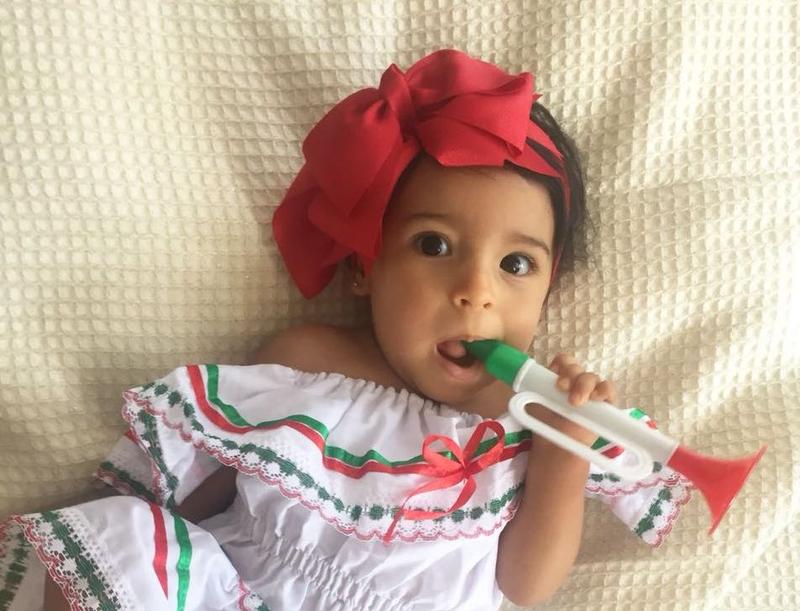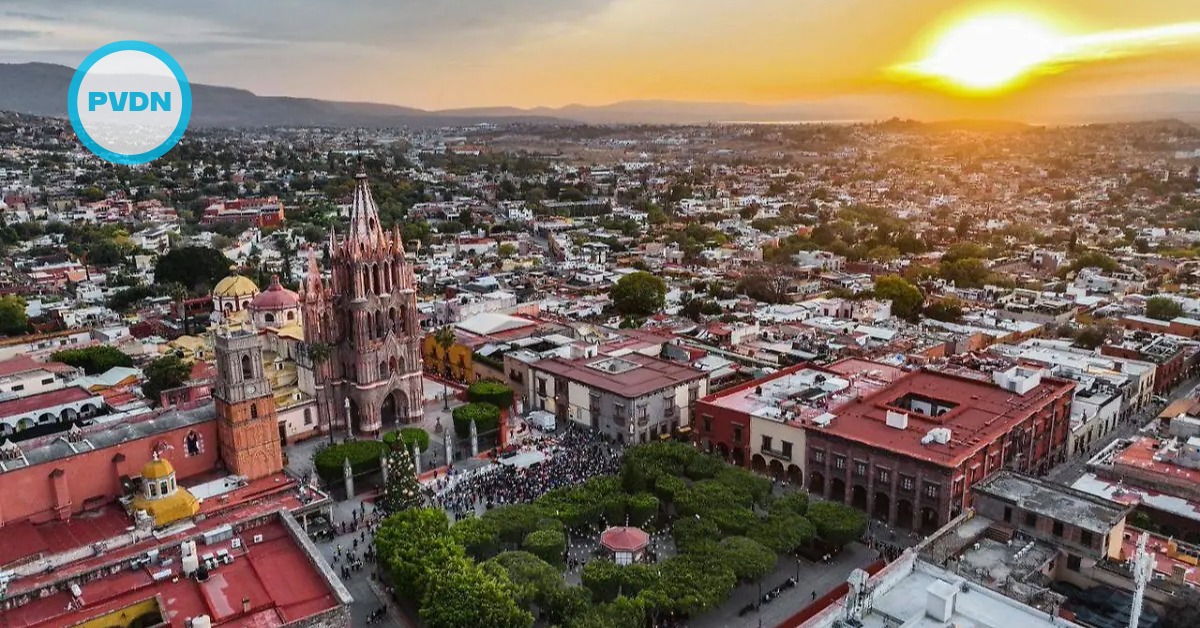Victoria Vera González was born in Mexico. Birth rates in the country have dropped dramatically over the last 50 years, in part, because of a policy that made birth control free. Let’s start 50 years ago when the United Nations declared family planning as a human right. Here's what Mexico’s UN Representative, Antonio Martínez Báez, said back then: “México emitió su voto favorable, con profunda convicción, reiterando así su actititud de lograr una completa igualdad para la mujer en . . .






